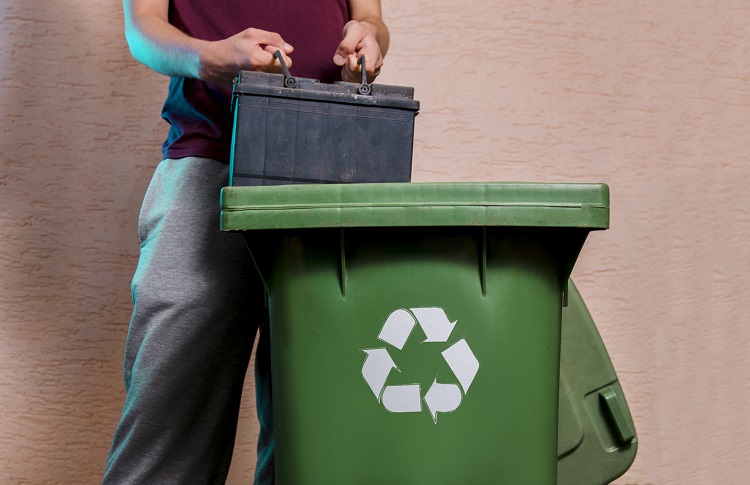
There is much talk about saving the environment on the news. While many may think it’s to help save plants and animals, the impact of environmental toxins goes further than that. The health impact on human health is tremendous. In cities where pollution is higher, people experience more health problems than those in rural areas. But rural areas come with their own issues where agricultural run-off contaminates the water. Most of the time, environmental toxins cause health problems gradually, so many people don’t realize that those toxins are harming their health. Here are some of the ways that toxins impact people’s health.
Fertility
Toxins impact fertility because they affect hormones. When hormone levels are off, women don’t ovulate as regularly or produce healthy eggs. They accelerate the age of eggs as well which can make it more difficult to produce healthy embryos. Additionally, these toxins affect the ability of the egg to implant in the uterus making pregnancy difficult to achieve. In men, toxin affect sperm count and sperm quality. When sperm are not as mobile they aren’t able to reach an egg to fertilize it during sexual reproduction.
Liver
The liver is a vital organ. Without it, your body would not be able to remove toxins from the bloodstream. This causes the toxins to build up, cause damage to the liver, and eventually to other organs. The toxins build up in the boys and can lead to death. Many alcoholics experience hepatitis due to toxic overload instead of from viral infections. The liver is very resilient but with constant toxic exposure, cells in the liver are damaged sometimes irreversibly.
Mental Health
Mental health conditions are complex. They stem from a variety of factors including a genetic component, emotional trauma, food allergies, and even toxins in the brain. Young people are especially susceptible to toxins and can experience an accelerated decline in their mental health when they are constantly exposed to certain toxins. This is true for alcohol and substance abuse. While there is help for adolescents through treatment centers to overcome addiction, more research is needed to see the impact of toxins on their mental health.
Neurodegenerative Diseases
New studies show that people who have neurodegenerative diseases such as Alzheimer’s have an abnormally high amount of aluminum in their brains. This aluminum is believed to contribute to the disease progression seen in patients with Alzheimer’s. Aluminum is a known neurotoxin and is found in a significant amount of pollution around the world. Whether it’s air pollution or water pollution or even the cookware used to make food, aluminum can build up in some people and cause issues down the road.
Gut Health
Toxic substances in the environment impact the gut and digestive health of some people. The toxins disrupt the microbes in the intestines from doing their job effectively. This can lead to poor nutrient absorption, and with time can cause obesity, diabetes and more. Gut health is intricately linked to the immune system as well and any disruption in the gut impacts immune health.
Immune Health and Cancer
Because of the way that toxins disrupt the gut, the immune system is impacted by environmental toxins as well. When the gut isn’t functioning properly, people experience a lot of immune dysfunction. This can make them more susceptible to viral and bacterial infections. Additionally, toxins damage cells throughout the body including white blood cells. This damage throughout the immune system causes cellular damage that can also lead to cancer in some cases. Fighting against these advanced stages of serious diseases are the focus of research labs and biotech companies everywhere.
Allergies
Allergies have multiple roots. While genetics play a role, some allergies are not activated until later in life. It is believed that toxins in the water, food, and air turn something on or off in the body to cause allergies to arise. When toxins are in the air, it can irritate the lining of the lungs and make people more susceptible to allergens and illness.
Lung Problems
The prevalence of lung disease including COPD among non-smokers is on the rise. This is seen in densely populated cities especially. The toxins from pollutants damage the lining of the lungs. This eventually causes difficulty breathing. The reduced oxygen in the bloodstream can lead to systemic problems and infection. As the disease progresses, patients may need to be on oxygen to help them breathe.



